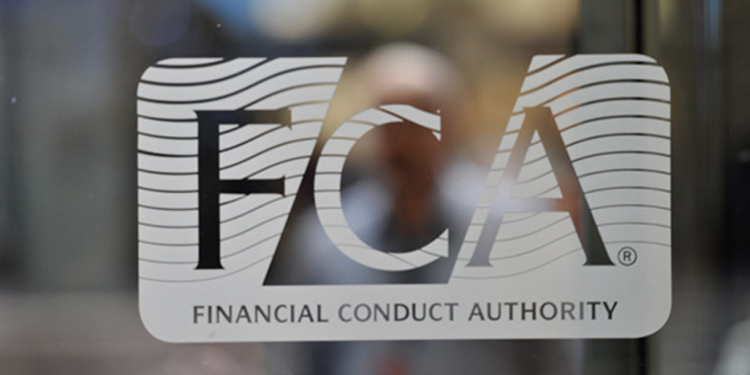The Financial Conduct Authority (FCA) has defended its general insurance pricing rules published in May saying that it is not limiting the margin or profit insurers and intermediaries can earn.
However, the regulator has also issued an update to the rules designed to stop renewing customers being charged more than new ones, making several changes and clarifications.
Health insurance, cash plan and dental plan products are excluded from the rules around the auto-renewals on contracts, but these insurers must still meet the regulations on not penalising customers on renewal and on fair pricing.
Renewing customers
One of the key amendments the FCA has made in its PS 21/11 is to the renewing customer rule.
The FCA confirmed where an existing customer actively buys a policy with the same firm through a different channel or distribution arrangement, then this should be treated as new business.
But where firms actively move a customer to another channel, distribution arrangement or to a different policy (of a similar type) at the lapsing or expiry of an existing policy, they should continue to treat these as renewals.
Profit and margin
In a question and answer document published alongside the rules changes, the FCA emphasised that it was not seeking to limit insurers earning potential.
Regarding profits, it said the original policy paper “made it clear that the pricing rules are not intended to cap profits and that firms’ profits can both increase and decrease over time.”
“This could be due to actual claims costs being different to those expected, lower acquisition and operation costs for renewing customers than new business customers, or firms changing their pricing models to include more margin for new business and consequently renewal customers have different margins over time.”
Where margin was concerned, the FCA continued: “The pricing rules are not intended to restrict the way firms set margin for new business.
“However, they do potentially restrict the way they set margin for renewal business because they must set a renewal price that is no higher than the equivalent new business price (ENBP).
“For most firms the price charged to the customer is made up of risk price (which reflects the likely claims cost to the firm) and a margin.
“When setting an ENBP, if we assume the risk price for a particular renewal customer is set at the same level as for an equivalent new business customer, then a firm cannot charge a higher margin at renewal than it would for a new business customer.
“Firms have the option to charge a lower margin at renewal than they would for new business,” it added.
Using tenure to assess risk
The regulator also noted the pricing rules were not intended to restrict the way firms set margin for new business, so firms can have different margins for different cohorts of new business customers.
It confirmed the average margin does not need to be the same for customers of different tenure and insurers can tailor their new business price setting to different consumer groups.
However, renewing customers in the same cohorts must not be charged more than those new customers.
And tenure of customer maybe used as a risk weighting factor, provided renewing customers are not charged more than new customers.
For example, the FCA suggested a firm may consider that new business customers present a greater fraud risk and so add a loading to the price to take account of this.
If the equivalent renewing customer no longer presents a greater fraud risk, to comply with the rules, that loading would not be included when calculating the ENBP.
“Our policy intentions have not changed, and these changes do not alter the outcomes we want to deliver,” the FCA said.
“We have made these changes without consultation to ensure that there is no harm to consumers from a delay in introducing them.”
The rules around fair pricing of products and other governance, systems and controls come into force on 1 October, and those around product pricing and auto-renewal go live on 1 January 2022.






